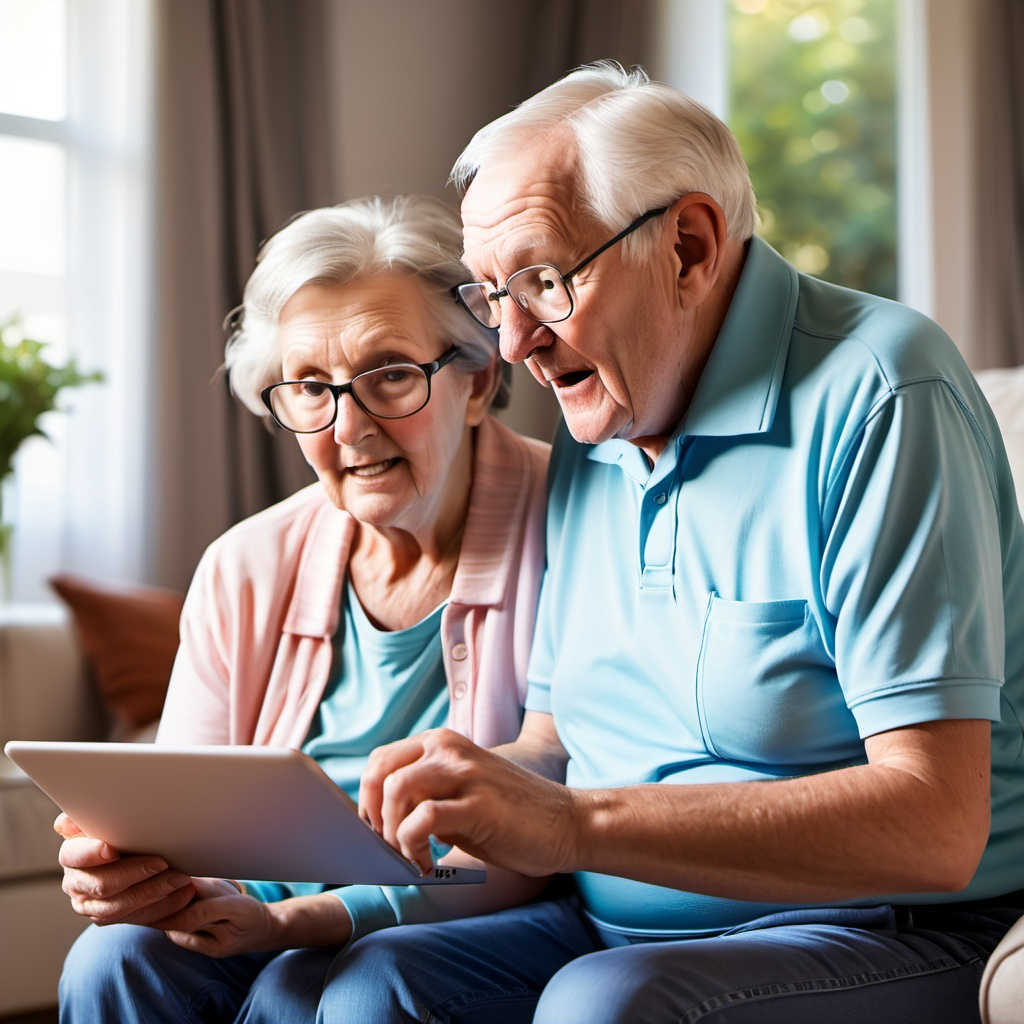Home monitoring for seniors is an innovative approach to ensuring the safety, health, and well-being of older adults while allowing them to maintain their independence. With the aging population growing globally, families and caregivers are increasingly turning to home monitoring solutions to provide peace of mind and improve seniors’ quality of life.
What Is Home Monitoring for Seniors?
Home monitoring for seniors involves using technology and devices to track the health, safety, and daily activities of elderly individuals in their homes. These systems provide real-time updates and alerts to family members or caregivers, enabling quick intervention if necessary.
Importance of Home Monitoring for Seniors
As seniors age, they may face challenges such as limited mobility, memory loss, or chronic health conditions. Home monitoring addresses these concerns by:
- Enhancing Safety: Reducing the risk of accidents or medical emergencies going unnoticed.
- Promoting Independence: Allowing seniors to live in their own homes while receiving necessary oversight.
- Relieving Caregiver Stress: Offering family members and caregivers reassurance without constant physical presence.
- Supporting Health Management: Monitoring vital signs and daily habits to track overall well-being.
Features of Home Monitoring Systems
1. Emergency Alert Systems
These devices, often worn as pendants or bracelets, allow seniors to call for help with the push of a button during emergencies.
2. Fall Detection Sensors
Advanced systems detect falls automatically and alert caregivers or emergency services.
3. Vital Sign Monitoring
Wearable devices can track heart rate, blood pressure, oxygen levels, and more, providing valuable health data.
4. Medication Reminders
Automated alerts ensure seniors take their medications on time and in the correct dosage.
5. Motion Sensors
Installed in key areas of the home, these sensors monitor movement patterns to detect inactivity or unusual behavior.
6. Video Monitoring
Cameras with live feeds or recordings allow caregivers to visually check on seniors while respecting their privacy.
7. Smart Home Integration
Connected devices like smart locks, thermostats, and lighting systems enhance comfort and safety for seniors.
Benefits of Home Monitoring for Seniors
1. Improved Safety
Home monitoring systems help prevent accidents, detect emergencies, and provide prompt assistance.
2. Better Health Management
Regular monitoring of health data allows early detection of potential medical issues.
3. Greater Independence
Seniors can remain in their homes longer, reducing the need for institutional care.
4. Peace of Mind
Families gain confidence knowing their loved ones are being monitored and can receive immediate help if needed.
5. Cost-Effective Care
Home monitoring is often more affordable than full-time in-home caregiving or residential care facilities.
How to Choose a Home Monitoring System
1. Assess Needs
Determine whether the primary focus is safety, health tracking, or both.
2. Evaluate Features
Choose systems with features that match the senior’s lifestyle and health conditions, such as fall detection or medication reminders.
3. Consider Ease of Use
Ensure the system is simple for seniors to operate and understand.
4. Check Connectivity
Opt for devices with reliable connectivity, whether through Wi-Fi, cellular networks, or Bluetooth.
5. Budget-Friendly Options
Compare costs and look for systems that fit your budget without compromising essential features.
6. Privacy Considerations
Select systems that protect the senior’s privacy and allow them to maintain dignity.
Home Monitoring for Seniors in Africa
In African countries like Nigeria, Kenya, Ghana, and South Africa, home monitoring solutions are becoming more accessible. Local providers are incorporating culturally relevant features, such as support for rural areas with limited connectivity. These innovations ensure seniors in diverse settings can benefit from improved safety and health management.
Challenges and Opportunities
While home monitoring systems provide numerous benefits, they also face challenges such as affordability, technical literacy, and internet access in some regions. However, as technology advances and awareness grows, more families are recognizing the value of these solutions for their aging loved ones.
Supporting Seniors with Smart Solutions
Home monitoring for seniors is revolutionizing how families and caregivers provide care. By blending technology with compassion, these systems create a safer, healthier environment that empowers seniors to live independently while staying connected to those who care for them.
Written By Ikemenogo Chinasa Bridget
